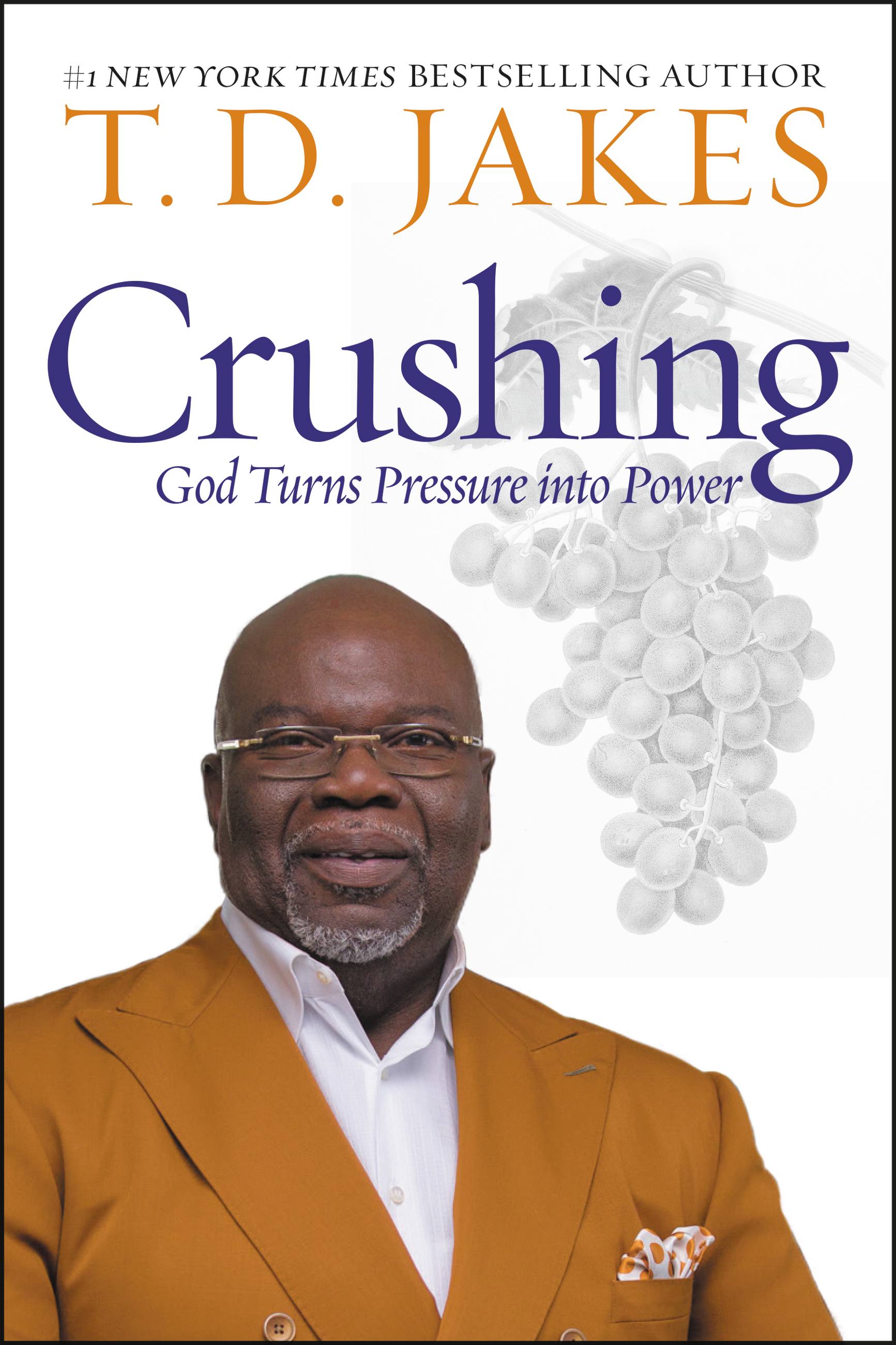
- Browse Category
Subjects
 We Begin at the EndLearn More
We Begin at the EndLearn More - Choice Picks
- Top 100 Free Books
- Blog
- Recently Added
- Submit your eBook
password reset instructions

Johnson is convinced that the dominant ways of studying early Christianity tend to miss its specifically religious character, because of a disjunction between formal religion and "popular" religion. He proposes in this book, by means of three case studies -- baptism, glossolalia, and meals -- to show how a more holistic, phenomenological approach can be made. This makes possible the inclusion in the study of early Christianity the world of healings and religious power, of ecstasy and spirit -- in short, the religious experience of real persons.
It is this subtle yet real presence of religious experience that alters the discipline and practice of New Testament scholarship, as Johnson notes: "This is neither history in the strict sense of the term, nor is it theology. That's the whole point: we need a new way of looking in order to see what we can't otherwise see. If I have succeeded at least in whetting an appetite for getting at what these chapters try to get at, I am content, for what they try to get at is important."
Johnson concludes that there is still much to be learned about early Christianity as a religion, if we can find a way to get at the category of real experience. He maintains that early Christian texts reflect lives that are caught up by and defined by a power not in their control but controlled instead by the crucified and raised Messiah Jesus. Less
- File size
- Print pages
- Publisher
- Publication date
- ISBN
- 9.04x6.06x0.53inches
- 208
- Augsburg Fortress Publishing
- April 1, 1998
- 9780800631291




.jpeg)
.jpg)






















